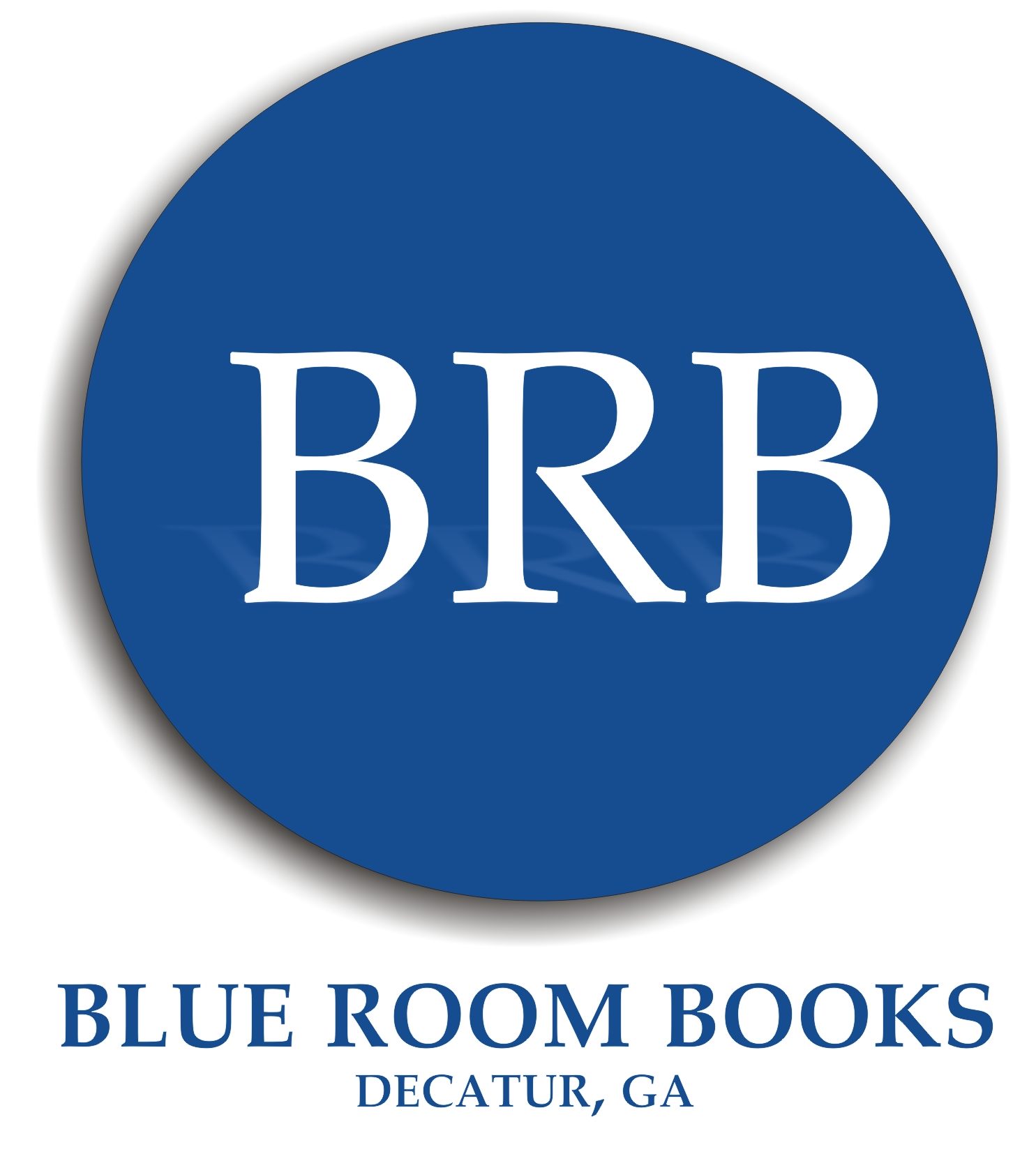
Sometimes an author comes to you with so many ideas that you wonder at how fast his brain can go. That was the case with Jackie B. Yates. And so, while we liked most of what he had, we ourselves had to say no to all but one of his projects.
We chose Wartpicker because, even though children’s books are not in our wheelhouse, we couldn’t say no. The message of anti-bullying, acceptance of differences in others, and learning to love self were done in such an entertaining way and without preachifying and pointing politically correct fingers, that it was a breath of fresh air.
A publisher’s job is to protect the earning potential of books by authors they choose to partner with. To a publisher, what has to be managed from the get-go is rights management. We’ve turned down projects we were interested in because the author could not legally prove they had the rights to illustrations. Jackie B. Yates’ illustrations were done by him and he could prove it.
Further, his illustration style was consistent, that is, Claire was always Claire. The other characters were the same. A lot of people can draw, but most cannot repeat the same character in another scene. Jackie could.
Plus, he was ready and willing to talk up his book, and had an outlet for direct sales in his long-established hair salon to a faithful clientele.
All of that caught our attention. But we did not pickup any of his other titles. Most were turned down because we just didn’t have the time or resources to devote to a specialized market.
What we want authors to walk away with here is that publishing itself used to be clear cut. Publishers had clearly defined distribution channels for physical inventory and there was a clearly delineated retail pipeline process.
That is no longer the case. Distributors began charging publishers ever higher fees but retail prices couldn’t increase that fast. Fly-by-night distributors stole publishers’ inventory, often changing their names and even moving to other states.
Then came the online stores. Amazon was a private company when it began. It felt the plight of the small publisher and the self-published. They chose with care the titles they would put into their “store” to warehouse and fulfil. Then they went public and all hell broke loose, but that’s a story for another day.
In any case, just to get picked up by a publisher these days — even any of the Big Five and their subsidiary imprints — is not a guarantee that sustained, long-term marketing for that author will be done — unless that author is willing to pay the publisher for it.
There’s sharks in the waters. Authors are the chum.
It’s a tough business.
